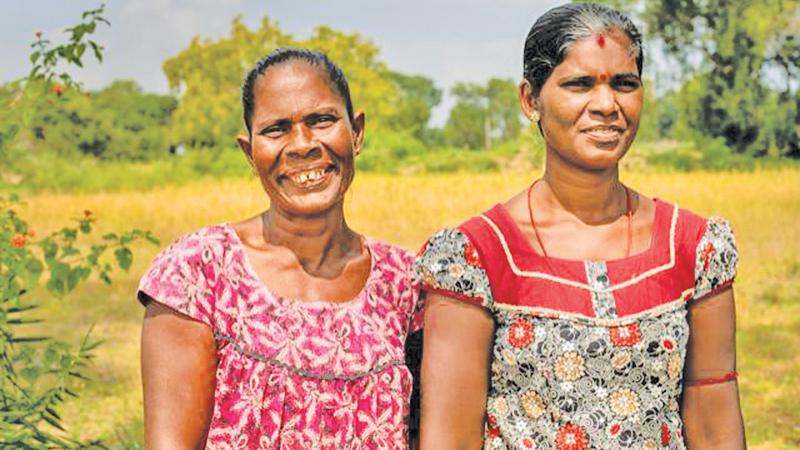
Global Affairs Canada will provide CAD 1 million (Rs. 151 million) to help smallholder farmers cultivate nutritious crops for the national school meal program.
This program will be conducted by the United Nations World Food Programme (WFP) and the Government.
Responding to the impact of Covid-19, the Home Grown School Feeding project will provide nutritious and safe school meals to vulnerable primary schoolchildren by linking the National School Meal Program with local smallholder farmers. The project will benefit an estimated 1,700 female farmers and 170,000 children in several districts across the Northern, Eastern and North Central provinces.
The Home Grown School Feeding project is an innovative approach and the first of its kind in Sri Lanka. It is designed to boost the local economy and improve the nutritional status of communities in regions with poor nutrition standards and high levels of poverty.
By purchasing produce for the school meals from local smallholder farmers residing in the vicinity of the schools, the project creates a predictable outlet for farmers and a stable income while stimulating local production of nutrient-dense crops.
The funding from Canada will benefit an estimated 170,000 primary grade school children who receive free meals in school, by ensuring that the meals provided are nutritious, diverse, fresh and culturally appropriate. The meals are also an incentive for families to send their children, especially girls, to school.
The project focuses on empowering women and contributing to gender equality. The smallholder farmers selected for the project will be primarily women, mostly mothers of the school children, from some of the poorest households who have been hard hit by Covid-19’s impact on food systems.
The project includes community engagement and behaviour change campaigns to address disproportionate workload and care responsibilities placed on women, while enhancing nutrition education and promoting better eating habits. The project will also assist in building resilience of farmers to recurring climate shocks by boosting productivity of family farms.
“Canada is pleased to re-engage with WFP in supporting the Government of Sri Lanka to improve nutrition among schoolchildren and food security in Sri Lanka, both of which were negatively impacted by Covid-19,” said Canadian High Commissioner, David McKinnon.
“This is great for Sri Lanka’s agricultural self-sufficiency and for girls’ retention in schools, especially in these Covid times,” he said.
